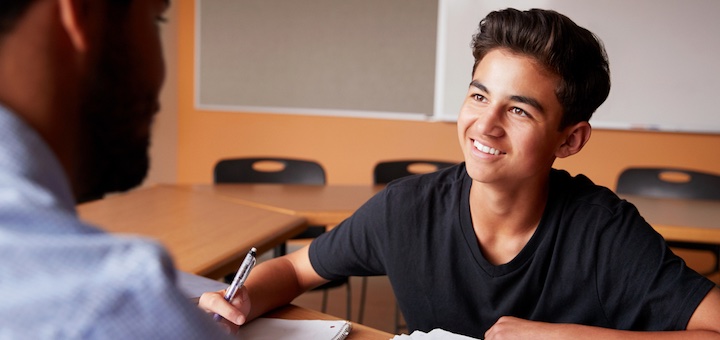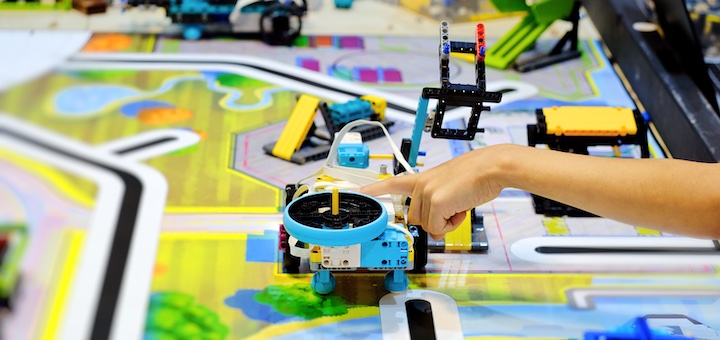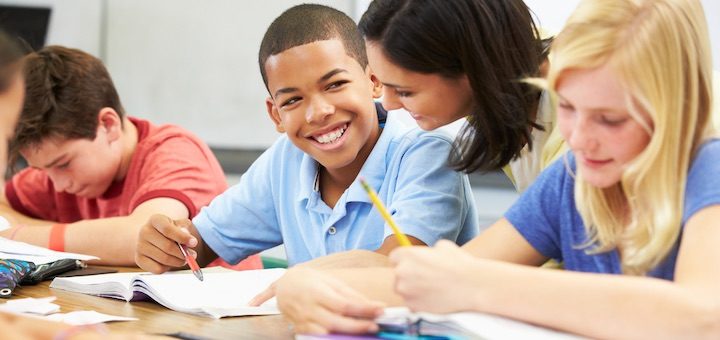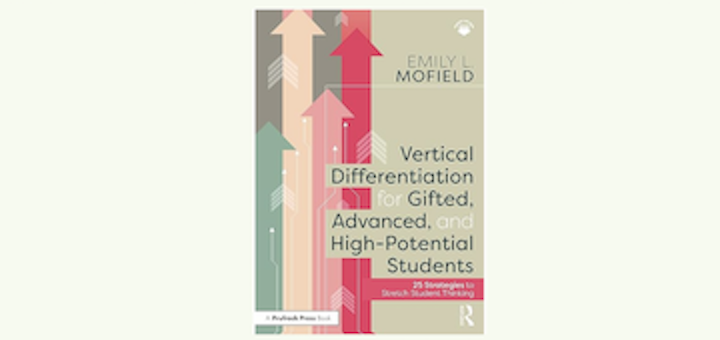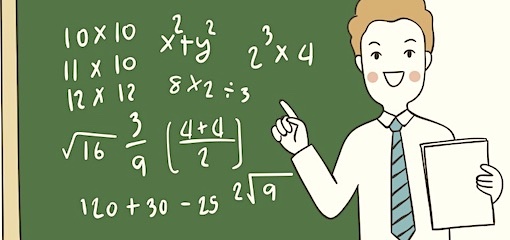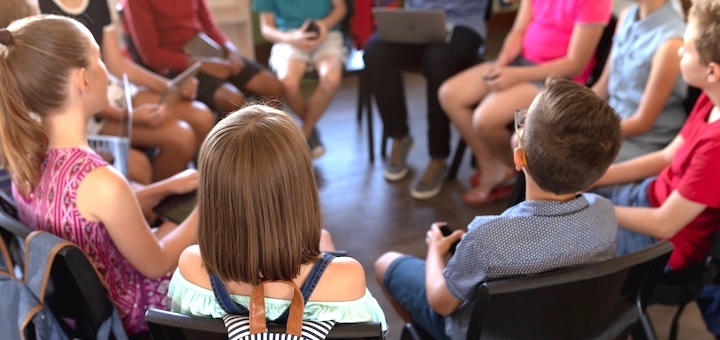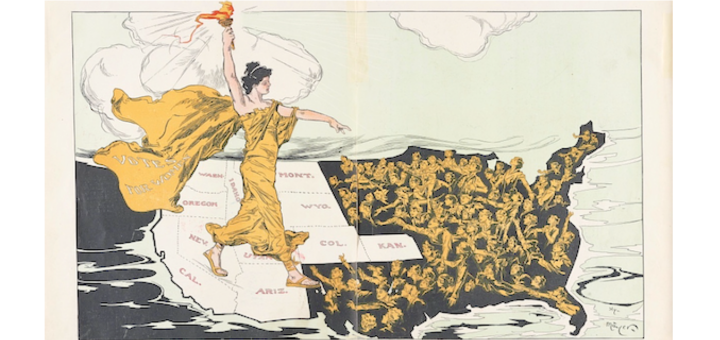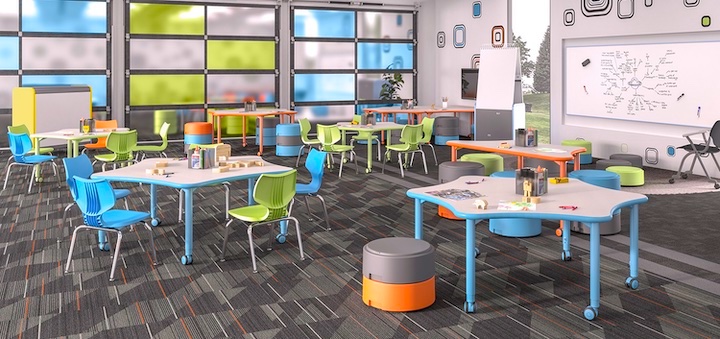What We Can Do When Gifted Students Struggle
In middle school some gifted students find themselves lost in an urban maze without sufficient navigational support. GT facilitator Sharon Ratliff shares some teaching techniques and conversational strategies that can help them stay on the road that leads to academic success.

